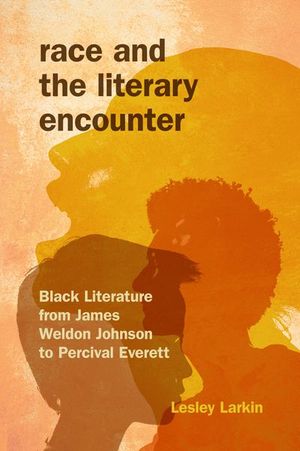Race and the Literary Encounter
Published by Indiana University Press
What effect has the black literary imagination attempted to have on, in Toni Morrison's words, "a race of readers that understands itself to be 'universal' or race-free"? How has black literature challenged the notion that reading is a race-neutral act? Race and the Literary Encounter takes as its focus several modern and contemporary African American narratives that not only narrate scenes of reading but also attempt to intervene in them. The texts interrupt, manage, and manipulate, employing thematic, formal, and performative strategies in order to multiply meanings for multiple readers, teach new ways of reading, and enable the emergence of antiracist reading subjects. Analyzing works by James Weldon Johnson, Zora Neale Hurston, Ralph Ellison, Jamaica Kincaid, Percival Everett, Sapphire, and Toni Morrison, Lesley Larkin covers a century of African American literature in search of the concepts and strategies that black writers have developed in order to address and theorize a diverse audience, and outlines the special contributions modern and contemporary African American literature makes to the fields of reader ethics and antiracist literary pedagogy.
BUY NOW FROM
COMMUNITY REVIEWS

